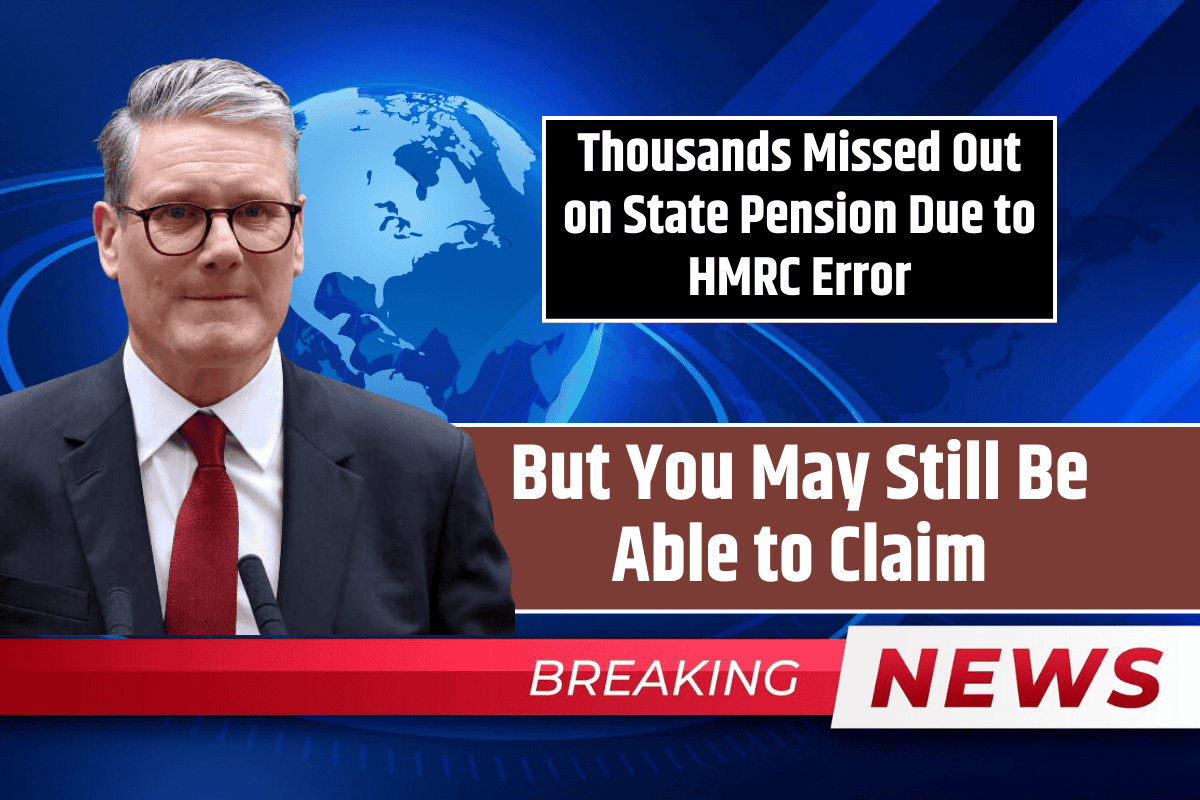A historic error in the National Insurance system has left thousands of people with less State Pension than they were entitled to. The issue, which dates back decades, is linked to missing Home Responsibilities Protection (HRP) records. While HM Revenue and Customs (HMRC) is now trying to fix the problem, for some people, it’s already too late—over 43,000 of those affected have passed away.
However, there’s still hope. If your family member was affected and has since died, you may still be able to claim on their behalf.
What Was the Glitch?
Before May 2000, people didn’t need to provide their National Insurance number when applying for Child Benefit. This meant that many people—mainly stay-at-home parents, especially women in the 1980s and 1990s—didn’t have their National Insurance records updated properly with HRP credits.
HRP was meant to protect the State Pension rights of people who weren’t working because they were caring for children or others. Without these credits, their National Insurance record looked incomplete, reducing their future pension payments.
How Many People Were Affected?
The mistake has affected hundreds of thousands, and HMRC has already sent over 370,000 letters to those who might have been impacted. As of late 2023:
- 5,344 cases have been corrected
- £42 million has been paid in arrears
- The average payout is £7,859
Can Families Still Claim for Deceased Relatives?
Yes. HMRC has confirmed that if someone died before their case was resolved, their representative or next of kin can still make a claim and receive any back payments owed to them.
Even if someone passed away during the claims process, their family is still entitled to the payment.
How to Check if You or a Loved One Was Affected
To see if you’ve been affected by this issue:
- Check your National Insurance record for gaps between 1978 and 2010.
- Visit the GOV.UK website to use the HRP eligibility checker.
- Follow the steps to claim online if eligible.
HMRC prioritises cases from people who are already receiving or about to receive their State Pension.
Why This Matters
To receive the full new State Pension, you usually need 35 qualifying years of National Insurance contributions. If you took time off work to care for children and didn’t earn enough to pay NI, HRP credits or NI credits should have filled those gaps.
But because of the glitch, thousands of people were left short-changed without knowing it. Many of them were women who stayed home to raise children during the 1980s and 1990s.
Now that the problem has been identified, it’s important to act—either for yourself or for a deceased family member.
This long-standing issue has left many pensioners with less money than they were due, but HMRC is finally working to correct it. If you think you or a relative may have been affected, check your records and apply as soon as possible. Thousands have already received payments averaging nearly £8,000—and your family might be owed the same.
FAQs
What is the HRP error in the State Pension system?
The HRP (Home Responsibilities Protection) error affected National Insurance records of people, mostly women, who claimed Child Benefit before 2000 without linking it to their NI number. This caused underpayment in State Pensions.
How do I know if I’ve been affected by the HRP issue?
Check your National Insurance record for gaps between 1978 and 2010. You can use the HRP eligibility checker on GOV.UK to confirm if you qualify to claim.
Can families claim pension arrears for someone who has died?
Yes. If a person died before or during the claims process, their next of kin or representative can still apply and receive any arrears owed.
How much money can I receive in arrears?
On average, affected individuals have received around £7,859. The exact amount depends on how much HRP was missing from their NI record.
How do I make a claim for missing HRP?
Visit GOV.UK, check your NI record, and use the HRP tool to see if you qualify. If eligible, you can submit a claim online. HMRC prioritises pension-age claimants.






